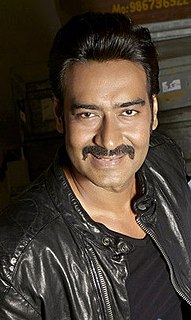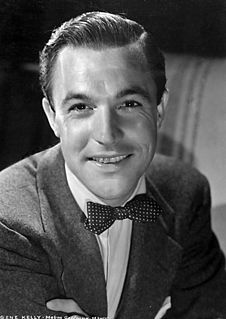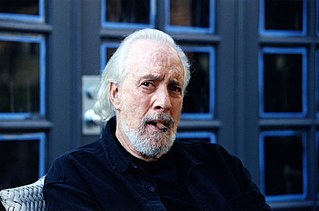A Quote by Roger Corman
Other writers, producers, and directors of low-budget films would often put down the film they were making, saying it was just something to make money with. I never felt that. If I took the assignment, I'd give it my best shot.
Related Quotes
When I said that something was going to cost a certain amount of money, I actually knew what I was talking about. The biggest problem that we were having on the financing front was people with lots of money saying "you need more money to make this film [Moon]," and us saying "no this is the first feature film we want to do it at a budget where we sort of prove ourselves at the starting end of making feature films; we can do this for $5 million." That is where the convincing part between me and Stuart came, we had to convince people with money that we could do it for that budget.
Screenwriting involves an often un-personal process. Co-writers, directors, producers, everyone has a say in what you put on a page, and stories are constantly changing according to budget, actors, and commercial needs. Films are a collaborative process and are also inherently narrative and structured, so you are always working within very tight parameters. Short fiction unleashes a more intimate voice and a passion for language. I believe short narratives can have the same amount of danger and drama as any action film.
I'd like [Santa Claus] to give Wes Anderson, the director, enough money in his next budget for an aerial shot - just a little copter shot. He really wanted this one helicopter shot, and Disney wouldn't give him the money. Just wouldn't give him the money. Every day, he was talking to the studio about this helicopter shot.
Filmmakers need to give the audience that something extra, an incentive to spend money and go to the multiplex - the ticket prices are high. Otherwise they'd just stay home, buy DVDs or download movies. But if there were only big budget movies it would be impossible for the film industry to survive. So I emphasize the importance of mid-range films. But those films need the support of theatre owners. The theatre chains have to have the vision to realize the need to support smaller films for the growth of the domestic film industry.
For a ridiculous analogy, let's take Purple Rain. If you were to put Purple Rain and The Sound of Music on the desk of a producer, he or she would know that the majority of moviegoers would rather listen to Prince. Since they are in the business of making money, no one can blame them. But if it ever came to the decision of making a film like that I'd say, "No." They are very easy films to make, though. In Purple Rain there is nothing complex about the way that they dance. Or sing. It would be a bit boring for an adult to make that film. It just wouldn't test their métier.
Relative to the power that movie stars have, and producers and directors, I would say that even the most respected screenwriters have very little power in Hollywood. I don't think it's in the nature of the writer's profession to go after that power. Writers spend their time alone, hallucinating, writing, making these things up, while these other people are out schmoozing, making connections, meeting each other. They are trotting the corridors of power and making sure they've put their own imprints in it. And they're promoting themselves and their images, as they should.
I enjoy the making of the film and it's something for me to do. If nobody ever comes to my films, if people don't want to give me money to make films, that will stop me. But as long as people come all over the world and I have an audience and I have ideas for films, I will do them for as long as I enjoy the process. And I like the whole process of making a film.


































